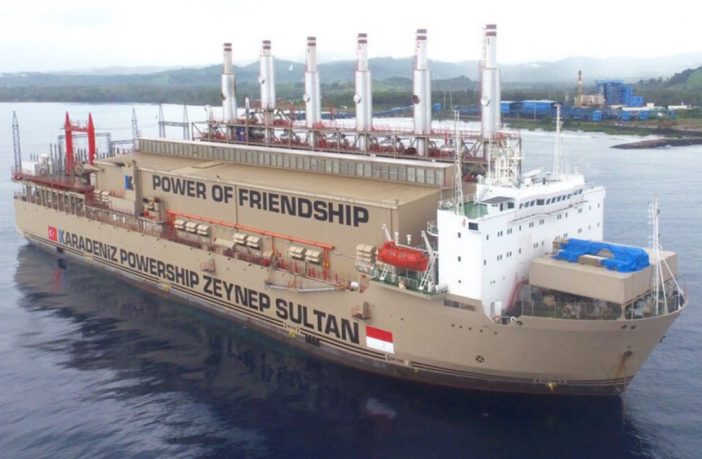- Objections submitted to National Energy Regulator of South Africa (NERSA) by the Centre for Environmental Rights (CER), on behalf of groundWork, urge the energy regulator to deny Karpowership’s applications for electricity generation licenses in recognition of the projects’ high costs, climate change impacts and lack of demonstrated ability to comply with environmental laws and deliver energy justice for the poor.
The objections provide more evidence to show that pursuing Karpowership’s projects at Saldanha, Ngqura and Richards Bay is not in the public interest and would needlessly expose South Africa to a range of risks and harms by locking the country into costly gas power for the next 20 years.
CER submitted the written objections ahead of the NERSA hearing on 19 August 2021, at which members of the public are invited to make oral objections against the applications for electricity generation made by Karpowership.
According to groundWork’s Avena Jacklin: “Karpowership is neither needed nor desired, both in terms of energy justice and from a socio-economic perspective. Its anticipated harms – for climate, biodiversity and socio-economic considerations – far outweigh any alleged benefits, particularly in light of the feasibility of less harmful alternatives to meet the country’s electricity needs.”
Karpowership’s high costs are unwarranted
The objection includes expert analysis by the Rocky Mountain Institute (RMI), which finds that new gas power ships are neither timely nor an economical option for South Africa.
According to the RMI report, the Karpowerships’ 20-year lifespan risks them becoming a burden to South African electricity customers, and is inconsistent with a least-cost investment plan for the nation.
“South Africa would be better served by focusing on investment in infrastructure to enable a 21st century electricity system, which [a recent report by economic advisory group]Meridian’s findings and global trends show to be largely renewable,” the report states.
Karpowership’s projects risk severe climate change impacts
The Karpowership projects – if authorised – will emit an irreversible amount of potent methane greenhouse gas (with a global warming potential of 84-86 times that of carbon dioxide over 20 years) and risk jeopardising South Africa’s ability to meet its climate change commitments.
In particular, it is estimated that the three Karpowership projects would produce almost 50 million tCO2e GHG emissions, taking up over 1.18% of SA’s national carbon budget.
This flies in the face of recommendations by the most recent IPCC report, which affirms that each 1000GtCO2 will cause 0.45oC warming and that the planet is currently heading towards 1.5 degree warming by 2030. The report states that beyond this threshold there will be catastrophic consequences for the Southern African region, including food insecurity, an increase in the poverty gap, negative health and economic consequences.
Karpowership’s projects also directly contradict the May 2021 UNEP Global Methane Assessment Summary Report, which states that, “without relying on future massive-scale deployment of unproven carbon removal technologies, expansion of natural gas infrastructure and usage is incompatible with keeping warming to 1.5oC.”
Inability to comply with environmental laws
Finally, Karpowership’s electricity generation licences should be denied on grounds that it will not be able to meet the environmental law requirements – a prerequisite for granting an electricity generation licence.
Currently Karpowership’s main Environmental Authorisation has been refused and is undergoing an appeal to the Minister of Environment by Karpowership.
“groundWork will also be responding to the appeal, requesting that the Environmental Authorisation remain refused, due to the extensive gaps in the Environmental Impact Assessment and procedural irregularities that occurred,” explains Michelle Koyama, an attorney at CER.
Author: Bryan Groenendaal
Source: groundWork











